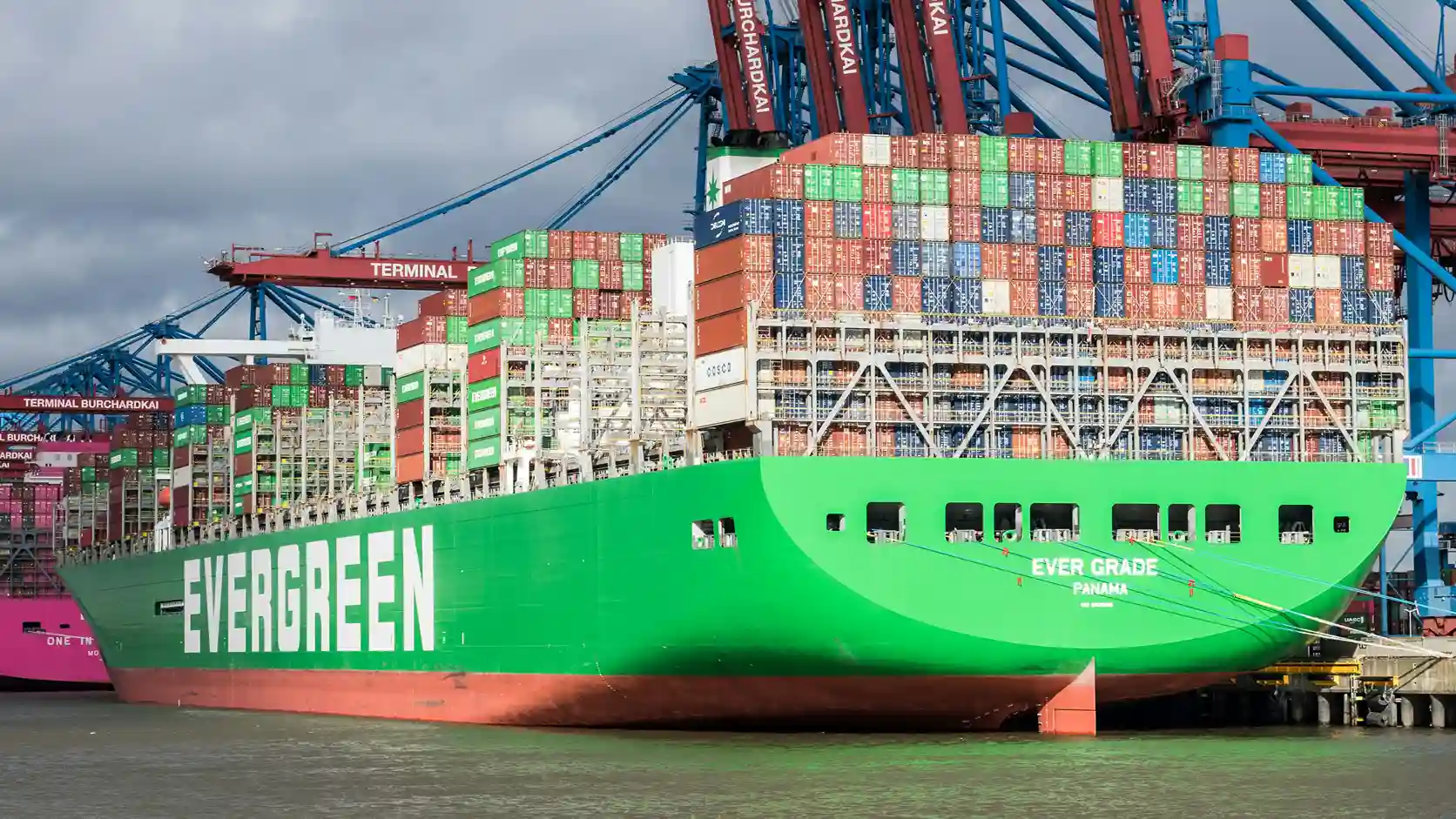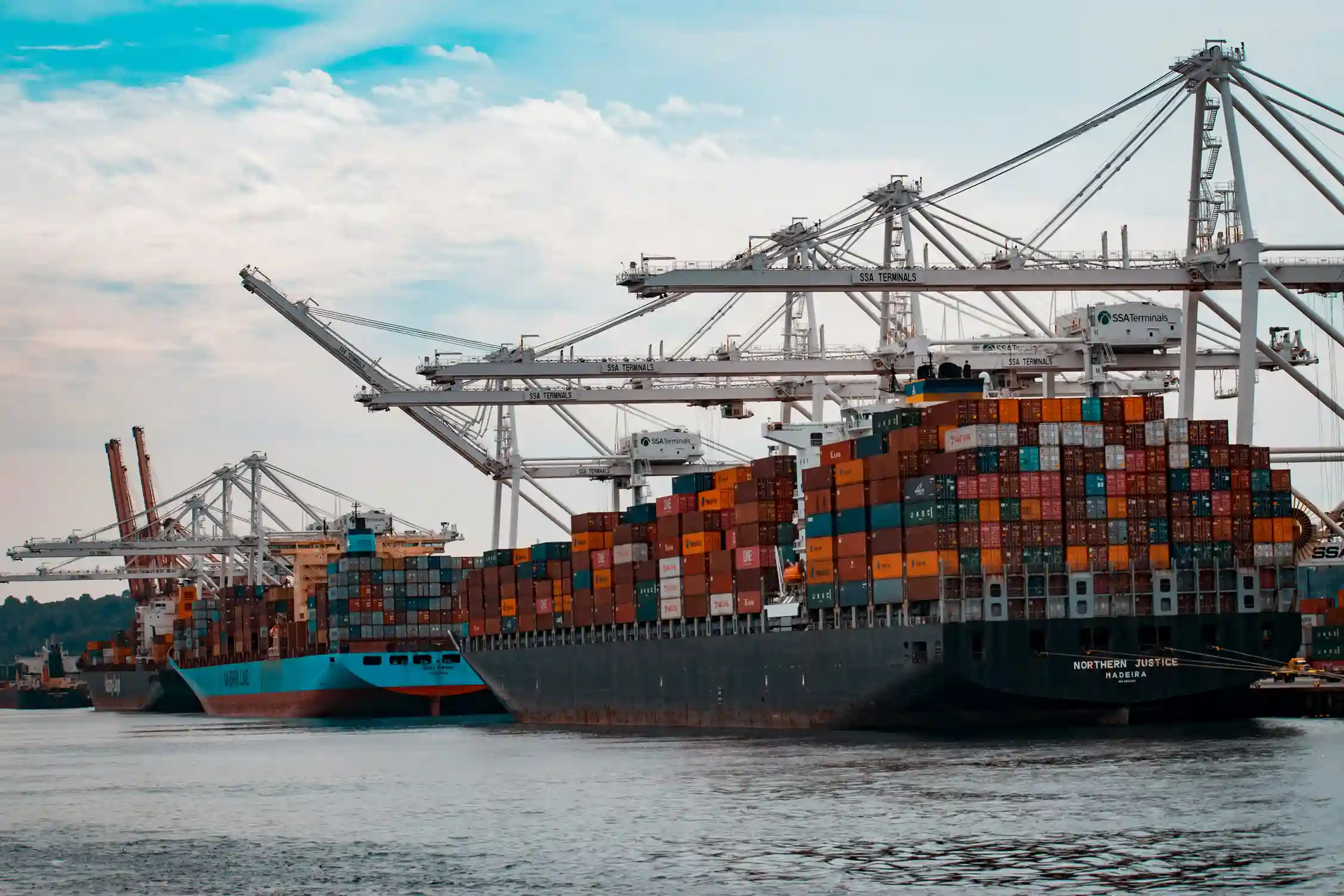Export-Import Laws in Bali: Essential Guide for Businesses
Ghifari
August 18, 2024
7 min read

Bali, renowned for its vibrant culture, stunning landscapes, and thriving tourism industry, is also an emerging hub for international trade. As businesses expand their horizons, navigating the complexities of export and import laws becomes crucial. Whether you’re a seasoned entrepreneur or a newcomer looking to tap into the opportunities in Bali, understanding the legal landscape surrounding export-import activities is essential.
Understanding Bali’s Strategic Importance in Global Trade
Bali, part of Indonesia, occupies a strategic position in Southeast Asia. Its proximity to major shipping routes makes it an attractive location for businesses involved in the export and import of goods. The island’s well-developed infrastructure, including international ports and airports, further enhances its appeal as a gateway for trade.
However, engaging in export-import activities in Bali is not without its challenges. The legal framework governing these activities is complex, involving both Indonesian national laws and international regulations. Businesses must navigate various legal requirements to ensure compliance and avoid costly penalties.
Key Legal Considerations for Export-Import in Bali
1. Licensing and Permits
Before engaging in export-import activities in Bali, businesses must obtain the necessary licenses and permits. The Indonesian government regulates these activities to ensure compliance with national and international trade laws.
Export License: Companies intending to export goods from Bali must secure an export license from the Indonesian Ministry of Trade. This license is mandatory and must be renewed periodically. The type of goods being exported may also require additional permits, depending on their nature.
Import License: Similarly, businesses looking to import goods into Bali must obtain an import license. The import license ensures that the imported goods comply with Indonesian standards and regulations. Certain products, such as food, pharmaceuticals, and electronics, may require additional certifications and permits.
2. Tariffs and Customs Duties
Understanding the tariffs and customs duties applicable to exported and imported goods is crucial for businesses operating in Bali. Indonesia imposes tariffs on various goods, which can significantly impact the overall cost of trading.
Export Duties: While many goods exported from Bali are exempt from export duties, some commodities, particularly raw materials and natural resources, may be subject to export taxes. Businesses must familiarize themselves with the specific duties applicable to their products.
Import Duties: Import duties vary depending on the type of goods and their country of origin. The Indonesian Customs Office determines the value of imported goods and calculates the duties accordingly. In some cases, preferential tariffs may apply under trade agreements between Indonesia and other countries.
3. Customs Procedures and Documentation
Navigating customs procedures is a critical aspect of export-import activities in Bali. Proper documentation is essential to ensure the smooth clearance of goods through customs and to avoid delays or penalties.
Export Documentation: Key documents required for exporting goods from Bali include the commercial invoice, packing list, bill of lading, export declaration, and certificate of origin. These documents provide essential information about the goods, their value, and their destination.
Import Documentation: For importing goods into Bali, businesses must prepare documents such as the commercial invoice, packing list, bill of lading, import declaration, and certificates of compliance. These documents are required for customs clearance and must accurately reflect the nature and value of the imported goods.
4. Trade Agreements and Regulations
Indonesia is a member of several international trade agreements, which can impact businesses engaged in export-import activities in Bali. Understanding these agreements is vital for leveraging preferential tariffs and ensuring compliance with international trade standards.
ASEAN Free Trade Area (AFTA): As a member of the Association of Southeast Asian Nations (ASEAN), Indonesia benefits from the ASEAN Free Trade Area, which reduces tariffs on goods traded between member countries. Businesses in Bali can take advantage of these reduced tariffs when exporting to or importing from other ASEAN countries.
World Trade Organization (WTO): Indonesia is also a member of the World Trade Organization, which sets global trade rules and standards. Compliance with WTO regulations is essential for businesses involved in international trade, ensuring fair competition and preventing trade disputes.
5. Compliance with Environmental and Safety Standards
Businesses engaged in export-import activities in Bali must also comply with environmental and safety standards. Indonesia has implemented various regulations to protect the environment and ensure the safety of products entering or leaving the country.
Environmental Regulations: Certain goods, such as hazardous materials and chemicals, are subject to strict environmental regulations. Businesses must obtain the necessary permits and ensure that their products meet Indonesian environmental standards before exporting or importing them.
Product Safety Standards: Indonesia has established safety standards for various products, including electronics, toys, and food items. Imported goods must comply with these standards, and businesses may be required to provide certificates of compliance as part of the customs clearance process.
Challenges and Opportunities in Bali’s Export-Import Sector
While Bali offers numerous opportunities for businesses engaged in export-import activities, it is not without its challenges. Understanding these challenges and strategically navigating them is key to success.
1. Regulatory Complexity
The regulatory environment for export-import activities in Bali can be complex, with multiple agencies involved in the oversight of trade. Navigating these regulations requires a deep understanding of Indonesian laws and the ability to work with various government bodies.
To mitigate this challenge, businesses can seek the assistance of legal experts specializing in Indonesian trade law. These professionals can provide valuable guidance on regulatory compliance, licensing, and customs procedures, helping businesses avoid costly mistakes.
2. Infrastructure and Logistics
Bali’s infrastructure, while well-developed, can still present challenges for businesses engaged in export-import activities. The island’s ports and airports can become congested, leading to delays in the transportation of goods. Additionally, logistical challenges, such as limited warehousing facilities and transportation networks, can impact the efficiency of trade operations.
To address these challenges, businesses can explore alternative logistics solutions, such as partnering with experienced freight forwarders and logistics providers. These professionals can help streamline the transportation process, ensuring that goods are delivered on time and in compliance with regulations.
3. Market Opportunities
Despite the challenges, Bali offers significant opportunities for businesses in the export-import sector. The island’s strategic location, coupled with its growing economy and increasing demand for imported goods, makes it an attractive market for international trade.
Businesses can tap into these opportunities by identifying high-demand products and leveraging Bali’s unique position as a gateway to the Indonesian market. For example, the tourism industry in Bali drives demand for a wide range of imported goods, from luxury items to consumer electronics. Similarly, Bali’s local products, such as handicrafts and agricultural goods, are sought after in international markets.
Conclusion: Partnering with Legal Experts for Success
Navigating the complexities of export-import laws in Bali requires a thorough understanding of the legal landscape and the ability to comply with various regulations. For businesses looking to succeed in this dynamic environment, partnering with legal experts specializing in Indonesian trade law is essential.
Navigating Bali’s export-import regulations can be complex, but Kalimasadapapers is here to help! Our experienced legal team specializes in export-import laws and can provide you with the guidance you need to ensure compliance and streamline your operations.
In conclusion, Bali presents a wealth of opportunities for businesses involved in international trade. However, success in this sector requires careful planning, strategic decision-making, and a deep understanding of the legal framework governing export-import activities. By prioritizing legal compliance and seeking expert guidance, businesses can thrive in Bali’s vibrant and growing market.
Related Article
Real Estate Lawyer Bali: Your Ultimate Guide to Hassle-Free Property Investment
Bali, known for its scenic beaches, vibrant culture, and luxury... Bali, known for its scenic beaches, vibrant culture, and luxury lifestyle, has increasingly become a prime location for property investment....
What is Case Law?
When navigating the world of law, you may come across... When navigating the world of law, you may come across the term “case law.” It’s a concept that plays a...
What is Customary Law?
Customary law is a system of law that emerges from... Customary law is a system of law that emerges from the traditions, customs, and practices of a community or society....



